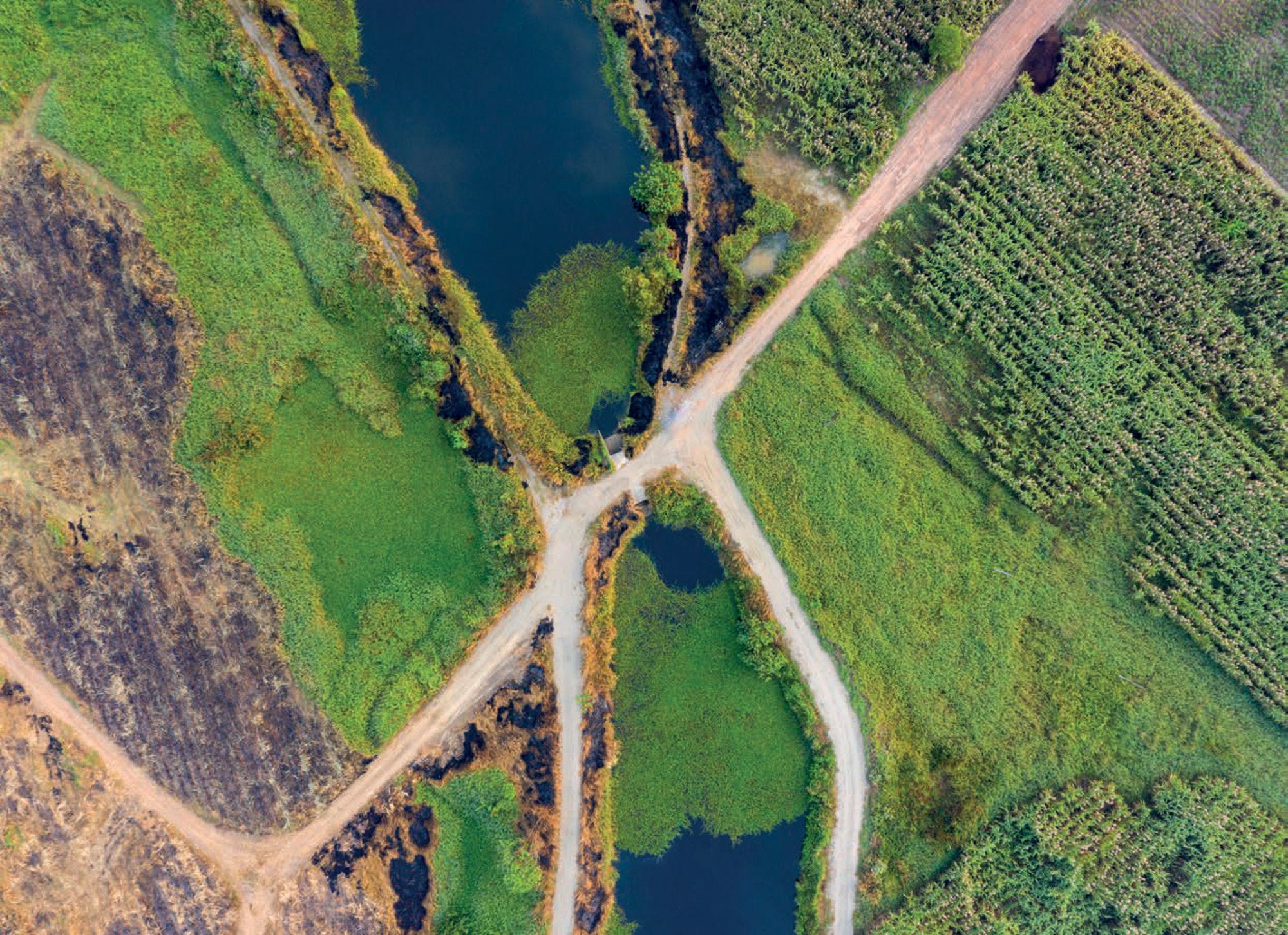Land use is central to many of the environmental and socio-economic issues facing society. Globally, greenhouse gas emissions from the agricultural and land-use sectors account for 23% of anthropogenic emissions, and the loss and degradation of terrestrial ecosystems threatens 25% of animal and plant species with extinction. With global population projected to grow to nearly 10 billion people by 2050, food production will need to increase significantly. Additionally, global action on climate change will likely include substantial increases in energy production from biomass – further increasing the pressures on global land-use systems. Given the inter-connected nature of these biodiversity, climate, land and food-related challenges, co-ordination and coherence between different government policies affecting the land-use nexus is crucial.
This report examines on-going challenges for aligning land-use policy with biodiversity, climate and food objectives and the opportunities to enhance the sustainability of land-use systems. The report looks at six countries with relatively large agricultural and forestry sectors and associated greenhouse gas emissions, many of which also host globally important biodiversity. These countries are Brazil, France, Indonesia, Ireland, Mexico and New Zealand. The report first highlights some key data relevant to this nexus. It then examines opportunities and challenges in three areas: coherence across relevant national strategies and plans, institutional co-ordination, and policy instruments relevant to the land-use nexus.
